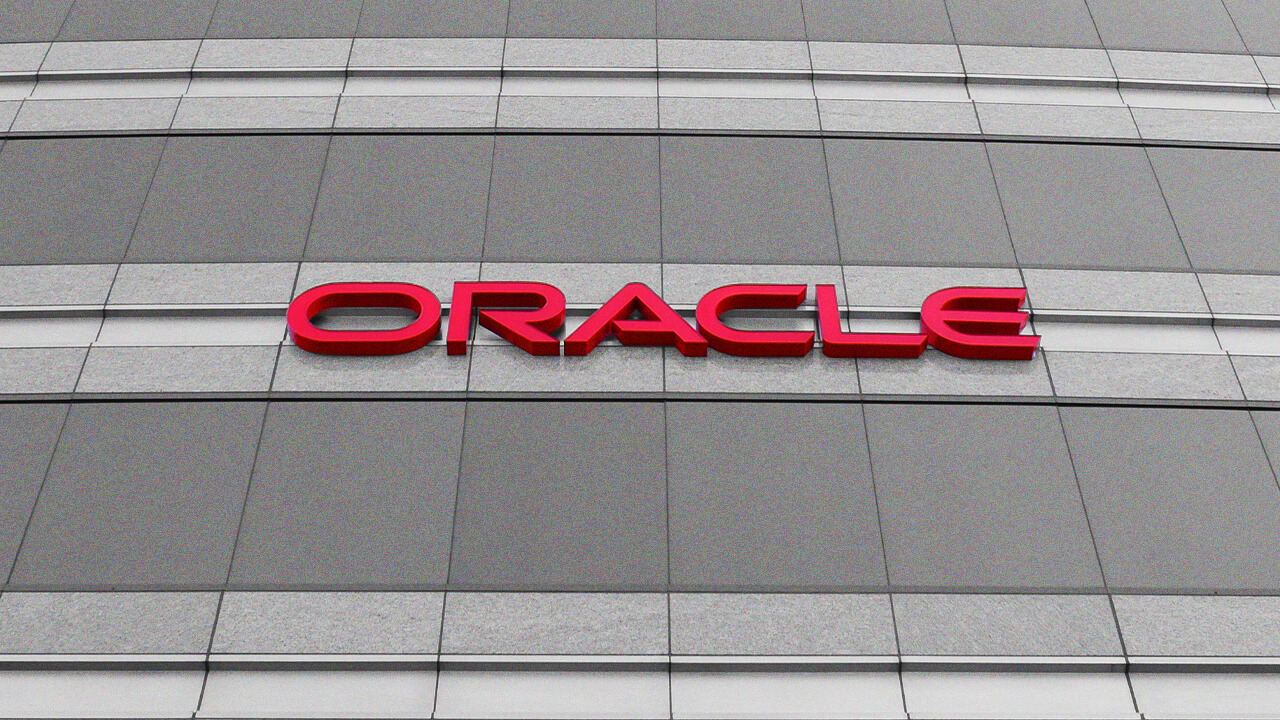
Oracle agreed to a $15.5 million settlement to resolve a lawsuit with over 5,000 sales representatives in California.
The lawsuit, filed under California’s Private Attorneys General Act, alleges Oracle violated state wage laws by delaying commission payments and making unlawful deductions.
PAGA allows employees to pursue civil penalties on behalf of themselves and other workers
Oracle has agreed to a $15.5 million settlement to resolve a lawsuit brought by more than 5,000 current and former sales representatives in California, according to statements from the plaintiffs’ attorneys.
Multiple violations alleged: The legal dispute, which has lasted nearly a decade, centers on allegations that Oracle violated state wage laws for commissioned sales employees by delaying commission payments and failing to provide timely, signed commission contracts as required by law. Plaintiffs also accused Oracle of making unlawful deductions from commission wages, failing to provide accurate wage statements, and imposing illegal confidentiality agreements on workers.
The rise of PAGA: The lawsuit was filed in 2015 in San Mateo County Superior Court by former Oracle sales representatives Maryam Abrishamcar and Kavi Kapur under California’s Private Attorneys General Act (PAGA), which allows employees to pursue civil penalties on behalf of themselves and other workers. The number of lawsuits brought under PAGA has increased steadily since the law’s enactment in 2004, with a nearly 22% rise in cases in 2024 compared to the previous year. Plaintiffs’ attorneys stated that the proposed settlement would provide penalty payments to over 5,000 affected employees, pending approval by the Superior Court of California.
Liability denied: Oracle has denied all claims, liability, or wrongdoing alleged in the complaint. The company stated in the settlement agreement that neither the fact of the agreement nor any of its terms should be construed as an admission that the plaintiffs’ allegations have merit or that Oracle is liable for any of the claims asserted.
Oracle agreed to a $15.5 million settlement to resolve a lawsuit with over 5,000 sales representatives in California.
The lawsuit, filed under California’s Private Attorneys General Act, alleges Oracle violated state wage laws by delaying commission payments and making unlawful deductions.
PAGA allows employees to pursue civil penalties on behalf of themselves and other workers
Oracle has agreed to a $15.5 million settlement to resolve a lawsuit brought by more than 5,000 current and former sales representatives in California, according to statements from the plaintiffs’ attorneys.
Multiple violations alleged: The legal dispute, which has lasted nearly a decade, centers on allegations that Oracle violated state wage laws for commissioned sales employees by delaying commission payments and failing to provide timely, signed commission contracts as required by law. Plaintiffs also accused Oracle of making unlawful deductions from commission wages, failing to provide accurate wage statements, and imposing illegal confidentiality agreements on workers.
The rise of PAGA: The lawsuit was filed in 2015 in San Mateo County Superior Court by former Oracle sales representatives Maryam Abrishamcar and Kavi Kapur under California’s Private Attorneys General Act (PAGA), which allows employees to pursue civil penalties on behalf of themselves and other workers. The number of lawsuits brought under PAGA has increased steadily since the law’s enactment in 2004, with a nearly 22% rise in cases in 2024 compared to the previous year. Plaintiffs’ attorneys stated that the proposed settlement would provide penalty payments to over 5,000 affected employees, pending approval by the Superior Court of California.
Liability denied: Oracle has denied all claims, liability, or wrongdoing alleged in the complaint. The company stated in the settlement agreement that neither the fact of the agreement nor any of its terms should be construed as an admission that the plaintiffs’ allegations have merit or that Oracle is liable for any of the claims asserted.
© 2025 Bamboo HR LLC. All Rights Reserved. BambooHR® is a registered trademark of Bamboo HR LLC